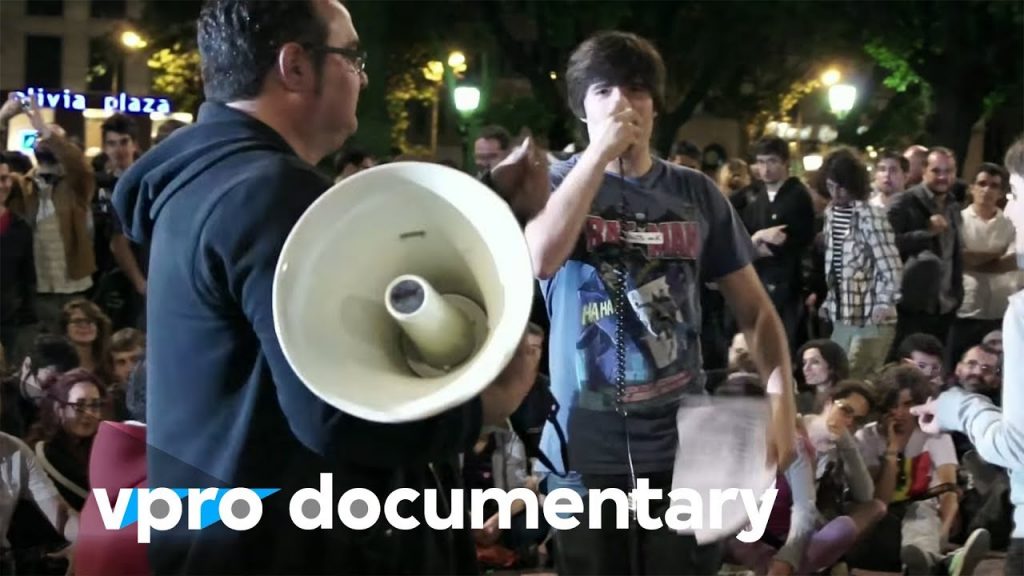In a thought-provoking gathering, Manuel Castells and a group of independent intellectuals from the Aftermath Network have convened for the past three years to delve into the intricate layers of an ongoing crisis. As financial institutions regain stability and resume their operations, society grapples with the profound ramifications, marked by profound loss, lingering anger, and a pervasive erosion of trust.
The Aftermath Network, an assembly of brilliant minds representing diverse fields of expertise, comes together annually to dissect the aftermath of the crisis. Their commitment to analyzing the multifaceted consequences sets the stage for critical discussions that transcend conventional narratives. Their collaborative efforts not only foster a deeper understanding of the crisis but also ignite conversations that inspire action and change.
The crisis, which has cast a long shadow over society, has left indelible marks on various aspects of human life. It has disrupted the socioeconomic fabric, leaving countless individuals grappling with the profound sense of loss. The impact reverberates through communities, as people struggle to rebuild their lives and regain a semblance of normalcy. The scars of the crisis are not merely financial; they run deep, affecting personal well-being and social cohesion.
Alongside loss, anger permeates the collective consciousness. The crisis, often the result of systemic failures or the misdeeds of powerful entities, has generated a prevailing sentiment of frustration and resentment. The Aftermath Network’s analysis endeavors to channel this anger into constructive discussions, examining the root causes and identifying avenues for transformation. Through their intellectual contributions, they shed light on the underlying factors that led to the crisis and explore potential strategies for preventing future catastrophes.
One of the most profound casualties of the crisis is trust. As the foundations of society shook, so did the faith in institutions, authorities, and established systems. Citizens, disillusioned by the failures that precipitated the crisis, find it increasingly difficult to place their trust in traditional power structures. The Aftermath Network recognizes the vital importance of rebuilding trust as a cornerstone for societal recovery. Their discussions probe into innovative approaches that can help restore confidence and reshape the relationship between institutions and the people they serve.
The Aftermath Network’s commitment to examining the aftermath of the crisis through multidisciplinary lenses ensures a comprehensive exploration of the challenges at hand. By fostering collaboration between economists, sociologists, psychologists, and experts from various fields, they dismantle silos and invite fresh perspectives. This diversity of thought is key to unraveling the complexities of the crisis and constructing a nuanced understanding of its impact on society as a whole.
As the years go by, the Aftermath Network continues to provide a platform for dialogue, reflection, and action. Their collective pursuit of knowledge and insight plays a crucial role in shaping the narratives around the crisis, transcending the limitations of mere academic analysis. By shining a light on the aftermath, they empower individuals and communities to confront the deep-seated issues that underlie societal fractures, offering a glimmer of hope for a brighter future.

